Research for the Public Good
The Human Rights Investigations Lab for the Americas publishes public reports about our ongoing research findings on human rights matters that affect the region. Some of the research we conduct is not permitted to be shared publicly to protect the confidentiality of our community partners. Read our public reports to learn about our efforts to protect human rights through open source research.
Research keywords: Social media discovery, geolocation, verification, documentation, digital mapping
Jump to: 2020 | 2021 | 2023 | 2024
2024
The Use of Open Source Investigation Methods in Tracking Environmental Harms
In January 2023, the University of California Digital Investigations Network (UC Network) received a Public Interest Technology University Network grant to institutionalize and expand the UC Network to support frontline environmental defenders.
During the first phase of the project, in collaboration with Cultural Survival, an organization that advocates for Indigenous Peoples’ rights and supports Indigenous communities’ self-determination, cultures, and political resilience, students in the UC Network conducted an open source investigation (OSI) into the deaths of 13 murdered Indigenous land defenders in Brazil, and produced a report documenting the circumstances surrounding their deaths (also available in Portuguese).
During the second phase of the project, we focused on developing a broader understanding of how OSI methods can be used to document environmental harms globally, and how OSI is being used in environmental harm research, advocacy and litigation. We conducted a literature review and case law analysis, and convened a meeting with leading several experts who are using OSI in their work, and conducted individual consultations with others.
2023

Perilous
Journeys
Migrants Vulnerable to Violence through Mexico
With the report released in August 2023, University of California (UC) student researchers affiliated with the Human Rights Investigations Lab at UC Santa Cruz and UC Berkeley worked collaboratively for eight months starting in October 2021, with Human Rights First (HRF) and El Instituto para las Mujeres en la Migración, AC (IMUMI, The Institute for Migration of Women) on a large-scale project, tracking incidents of violence in Mexico against non-Mexican asylum-seekers and migrants.
Student researchers identified over 400 unique incidents of violence committed against migrants in Mexico and created an interactive map showing 96 of those incidents.
Read the report: Perilous Journeys: Migrants Vulnerable to Violence through Mexico
Related Sub-Project: During the two months after the United States government expanded the Title 42 policy to allow for the expulsion of Venezuelans on October 12, 2022, student researchers tracked hundreds of incidents of harm against Venezuelan asylum seekers and migrants expelled to or stranded in Mexico.
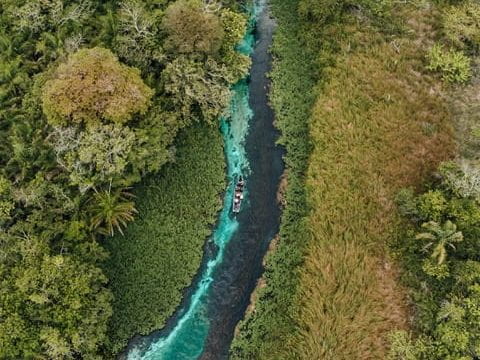
Indigenous Land Defenders of Brazil: In Memoriam
This report is a collaboration between Cultural Survival, an organization that advocates for Indigenous Peoples’ rights and supports Indigenous communities’ self-determination, cultures and political resilience, and the human rights digital investigation labs at the Dolores Huerta Research Center at UC Santa Cruz, the Human Rights Center at UC Berkeley, and the Promise Institute for Human Rights at UCLA School of Law.
The first part profiles thirteen Indigenous leaders and land defenders from seven regions in Brazil killed between 2019-2022, with some caught in the middle of intense environmental crises.
The second section includes additional information on the seven Brazilian states in which the defenders were killed: Amapá, Amazonas, Bahia, Maranhão, Mato Grosso, and Mato Grosso do Sul.
Taken together, the individual defender profiles and information about these regions starts to show how and why the killings of Indigenous defenders have occurred.
Read the report: Indigenous Land Defenders of Brazil: In Memoriam (2019-2022)
View the Portuguese StoryMap: Indigenous Land Defenders in Brazil
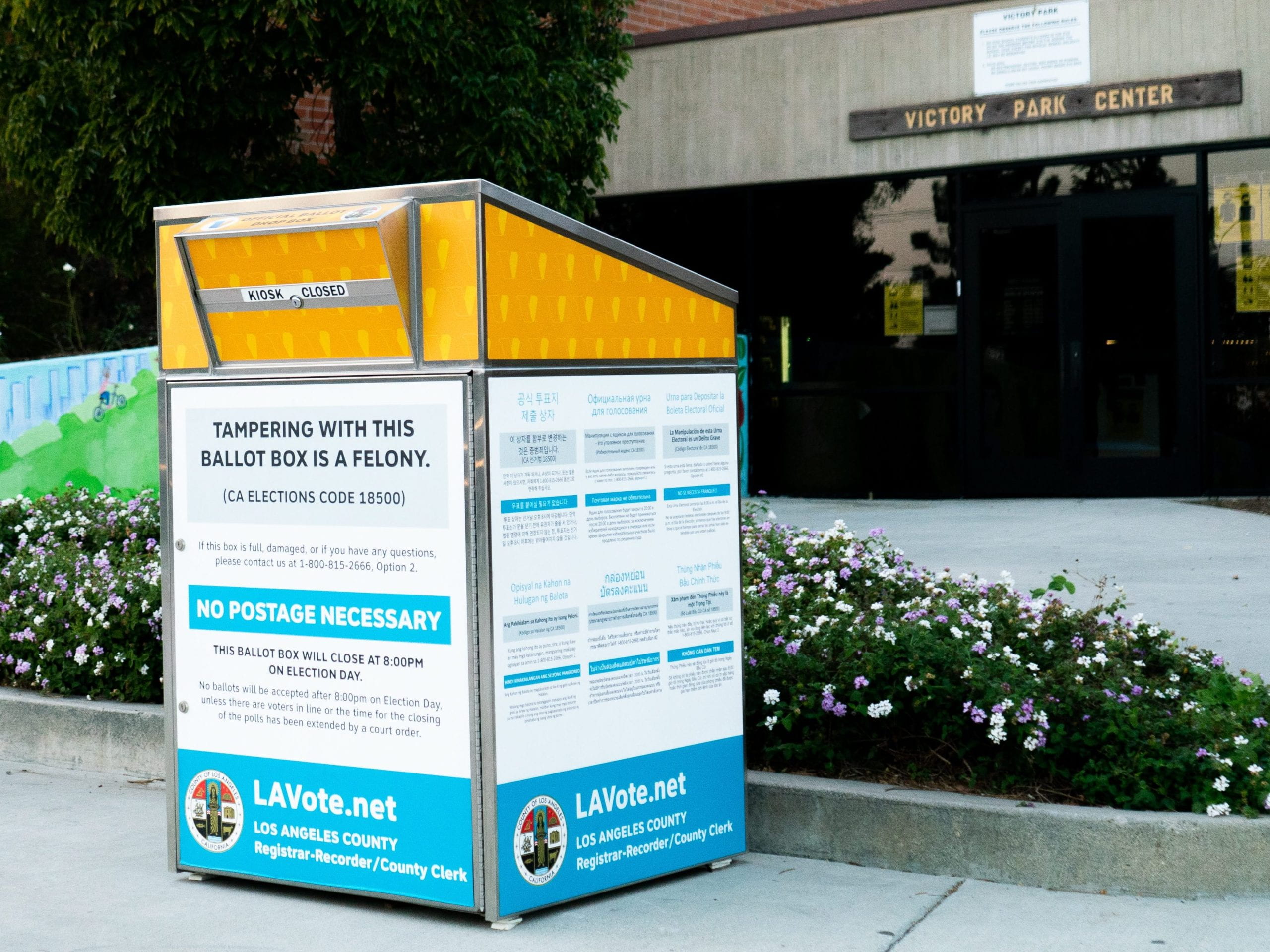
2022 US Midterm Election Reports
OSINT Report Series on the 2022 US Midterm Elections
Beginning in September 2022, researchers in the Human Rights Digital Investigations Labs at UC Santa Cruz and UCLA School of Law’s Promise Institute launched an independent online open source investigation to monitor voter suppression and intimidation as well as disinformation narratives during the U.S. midterm elections. Students in the Labs have been trained in open source research methods, enabling them to conduct investigations drawing on publicly available information on the internet, from online news articles, to social media content, to expert reports.
Click below to access the reports.
Summary List of Election Deniers and Skeptics who Prevailed During the 2022 U.S. Midterm Elections
UC Research Team Monitors the 2022 Midterm Elections for Voter Suppression and Misinformation
2021
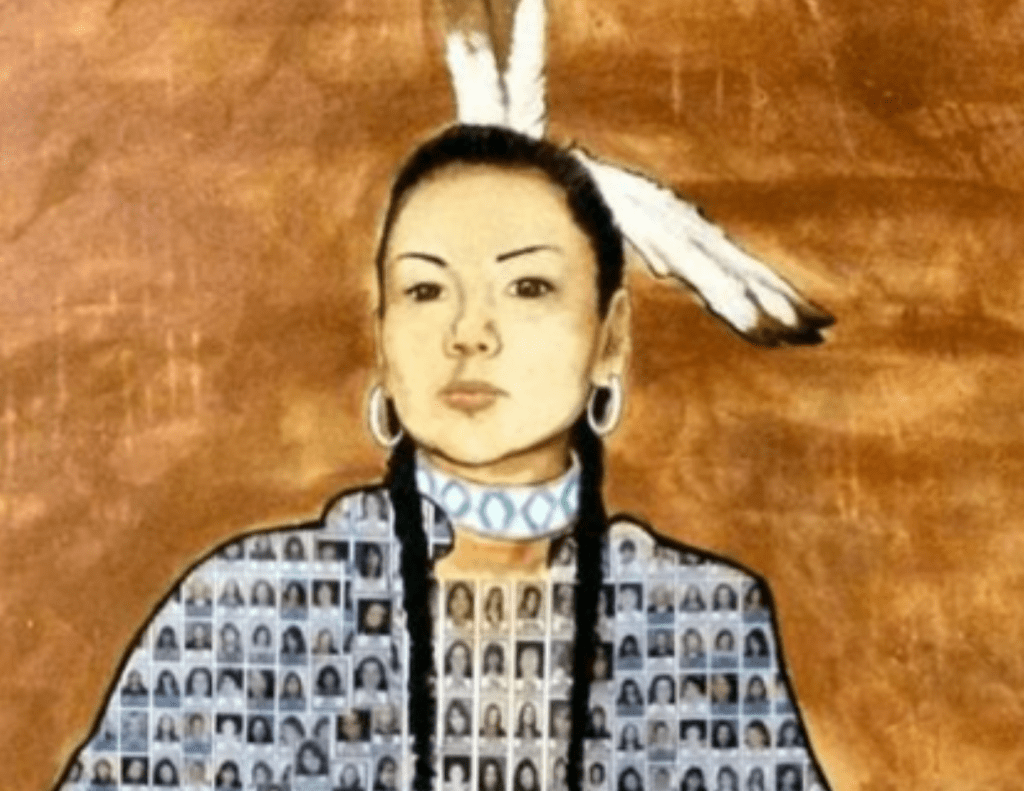
Searching for Justice: A Human Rights Investigation on Northern California MMIWG
Published in April 2021, the Lab conducted an online open source investigation on the Missing and Murdered Indigenous Women and Girls (MMIWG) crisis in Northern California in collaboration with the American Indian Resource Center (AIRC).
The AIRC at the University of California (UC), Santa Cruz organizes an annual public event to honor MMIWG. The annual event informs the community about the MMIWG crisis, revealing sobering statistics that underscore the severity of the issue and providing the audience with information about legislation and other advocacy work in collaboration with or on behalf of those directly affected.
AIRC hoped to further the research and advocacy component of their work, and in 2020, the Human Rights Investigations Lab at UC Santa Cruz formed a partnership with AIRC.
Read the report: Searching for Justice: A Human Rights Investigation on Northern California MMIWG
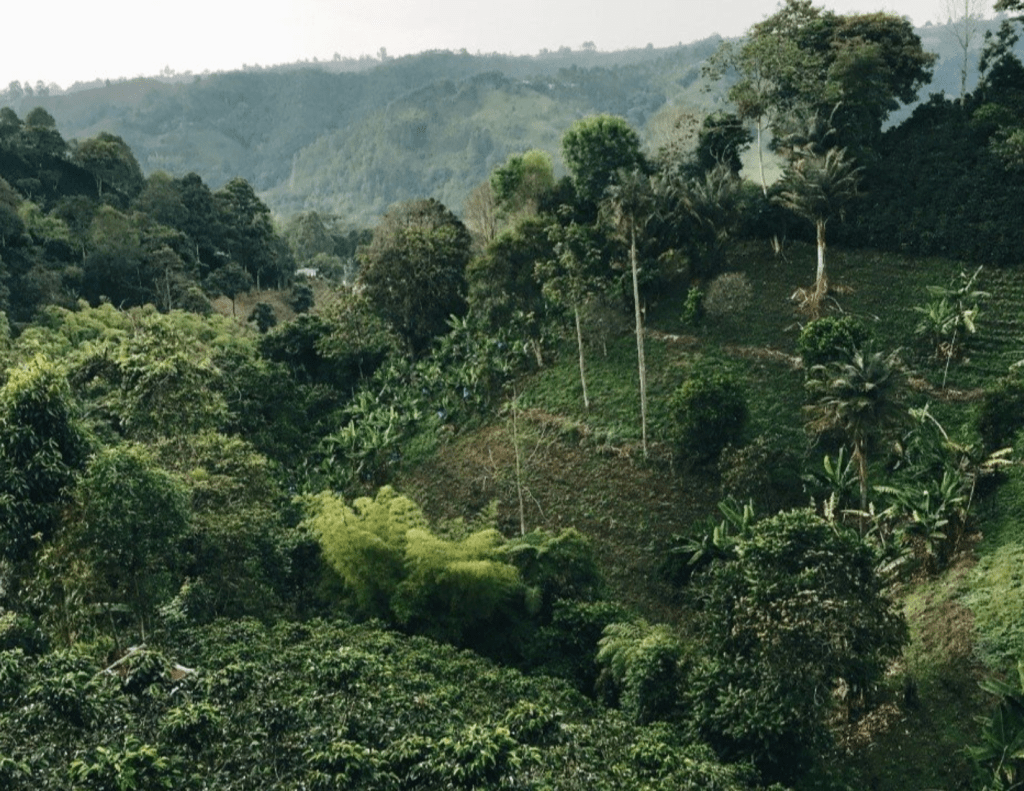
In Memoriam: Colombian Indigenous Defenders, 2019
Published in September 2021, this report is co-published by the Dolores Huerta Research Center for the Americas at UC Santa Cruz and Cultural Survival.
The digital report provides an overview of the devastating situation in Colombia, based on the names of Indigenous defenders included in Cultural Survival’s widely read “In Memoriam” report profiling 28 Indigenous defenders who were murdered in 2019. This addendum report provides an update to a section of that 2019 report on Colombian defenders, expanding on their important contributions for justice.
We honor the legacies of these Colombian defenders and add our voice to the global calls to hold perpetrators accountable for their tragic deaths.
2020
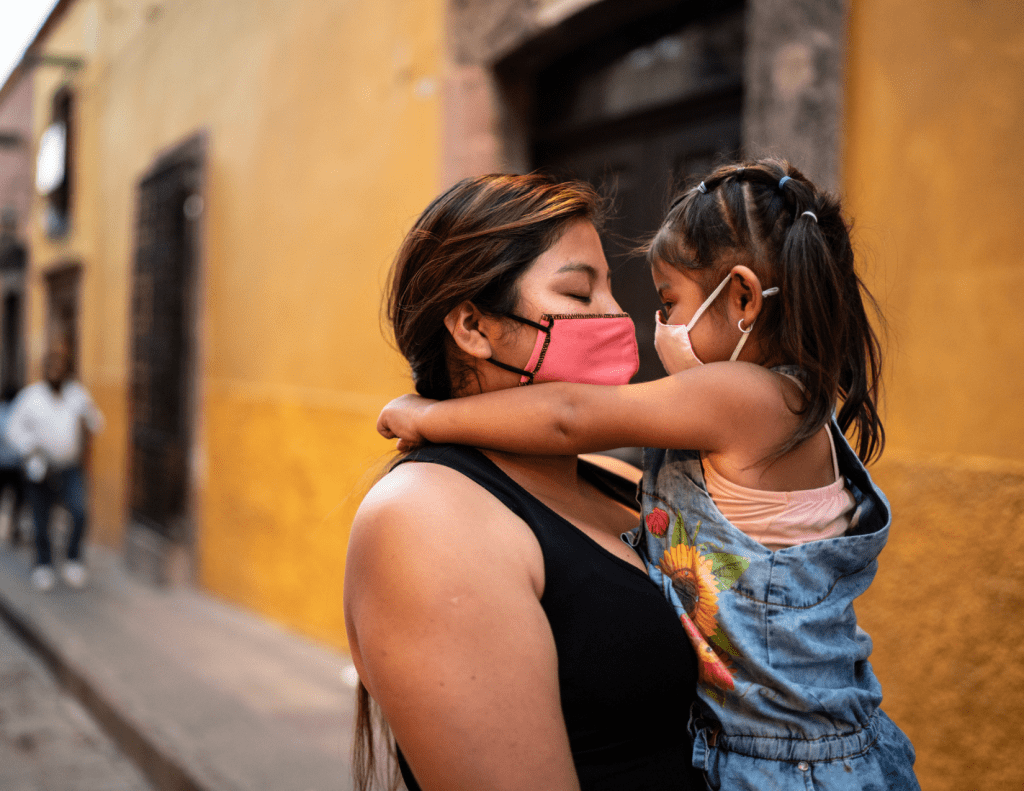
COVID-19 &
Latin America
In Fall 2020, the Lab conducted a three month online open source investigation on the spread of disinformation about COVID-19 in Latin America. The primary foci of this research (Argentina, Brazil, Colombia, Mexico, Peru, and Venezuela) are the most populous countries in Latin America and have been devastated by the pandemic. Due to hemispherical inequality, countries had different challenges to confront in relation to how best to respond to the pandemic. In addition, COVID-19 information was inconsistent across the hemisphere, as not all countries reported on rates of testing, contamination, and death.
Published in January 2021, this preliminary research report provides an overview of our discoveries on COVID-19 and disinformation. It is imperative to understand the inherent power embedded in discourses of COVID-19 disinformation, especially when endorsed by prominent public and/or elected officials. Disinformation undermines human rights, and discourses circulating online can be destructive, engendering a significantly detrimental impact on the well-being of the peoples in the Americas.
Read the report: COVID-19 & Latin America
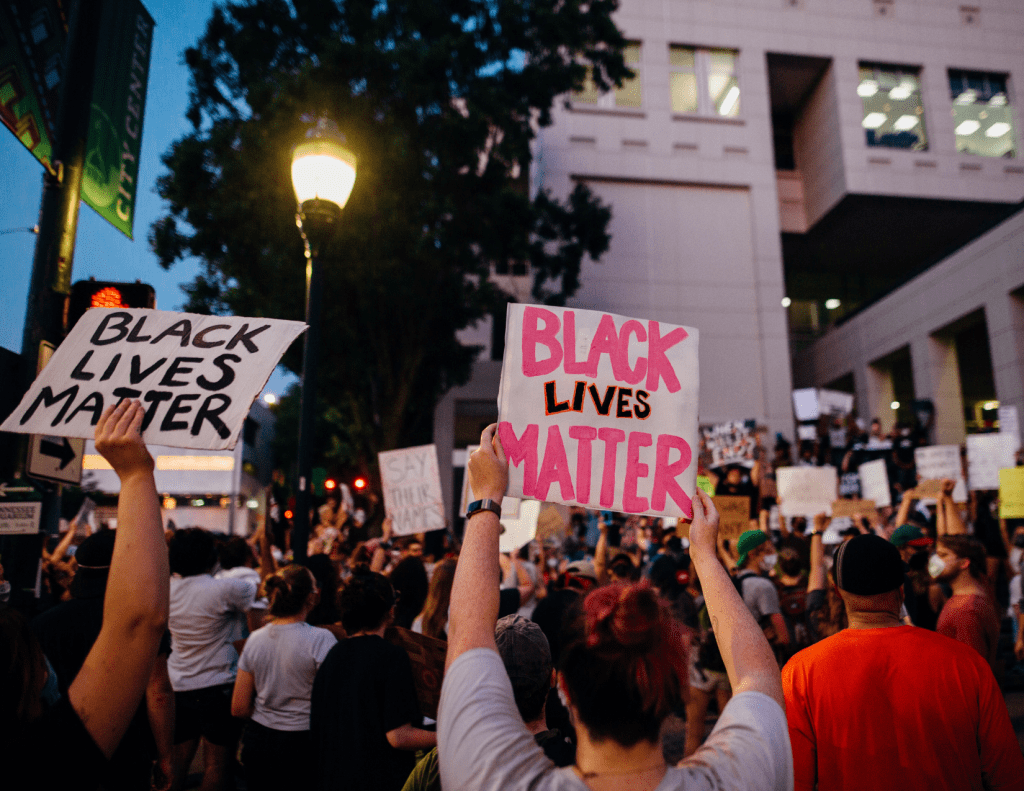
Black Lives Matter & Disinformation
In Fall 2020, the Lab conducted a preliminary open source investigation to understand how online targeting of Black Lives Matter (BLM) either discredited their work or, at minimum, raised suspicions about the movement. Our investigation started in October 2020 and concluded in early December 2020.
The disinformation and misinformation targeting this movement from our research period overlapped with an intense 2020 U.S. national election. The result is a three-part report.
Read the report: Black Lives Matter & Disinformation
The first part clarifies the types of disinformation we learned about in this research, as we were cognizant that not all disinformation has the same reach and ability to harm.
The second section offers an account of the online monitoring we did one week prior and one week subsequent to the U.S. Election Day of November 3, 2020.
The third part of the report focuses on a few prominent Twitter users who have a pattern of posting false content that could be considered disinformation or misinformation, but have not been flagged by Twitter, despite the platform’s rules to identify “misleading information.”
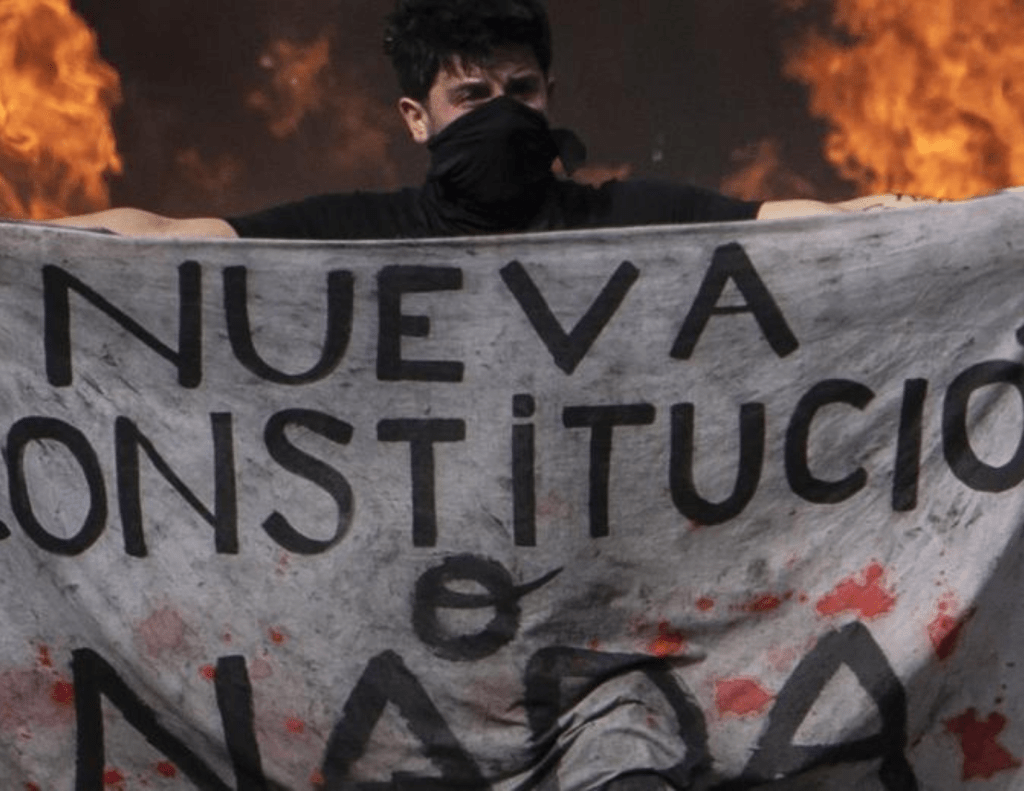
Chile Uprisings
2019-20
From an October 13, 2020 UCSC article by Matthew Renda about the open source research conducted by the Lab on the social unrest in Chile and its three public ArcGIS StoryMaps reports:
“’The massiveness of the protest captured the students’ imagination and their attention,’ Falcón says. ‘There was a feeling of being a witness to history and with these new open source research skills, a deep desire to do something.’”
That something was the meticulous composition of three separate reports about the mass protests that began on October 19, 2019 — the first of which is a joint UC Santa Cruz and UC Berkeley visual investigation, which provides historical context and compares and contrasts the perspective of protestors and government leaders about the underlying societal factors that led to the mass demonstration. The second report from UCSC’s Investigations Lab explores the lives and deaths of 25 people who were killed during the protests in an attempt to determine whether there was a system-wide use of violence and intimidation by Chilean authorities. And the last investigation, also from UCSC’s lab, explores the final week in the life of activist Germán Arbuto.”
Read the report: Human Rights Crisis in Chile: A Digital Inquiry
